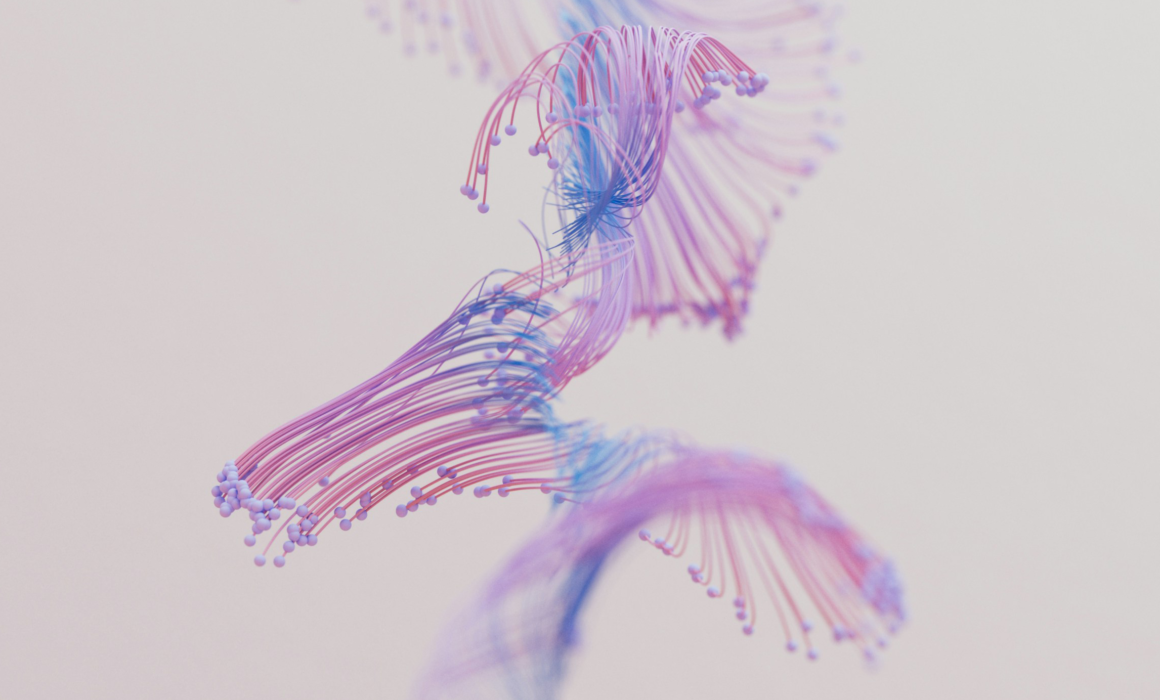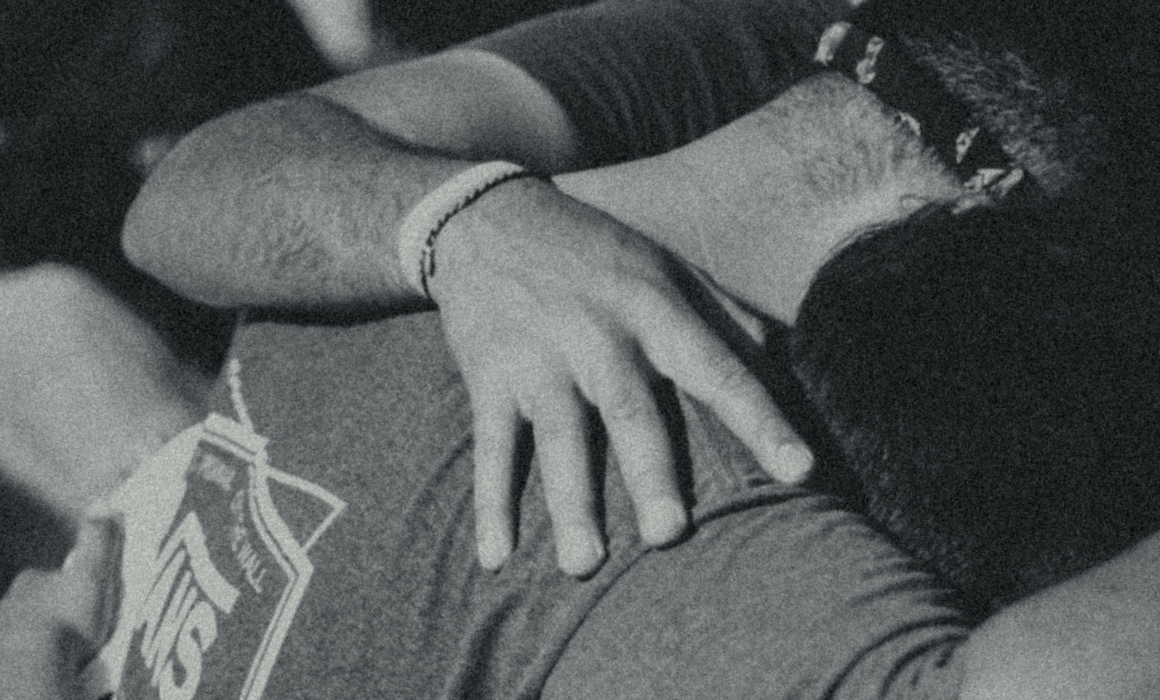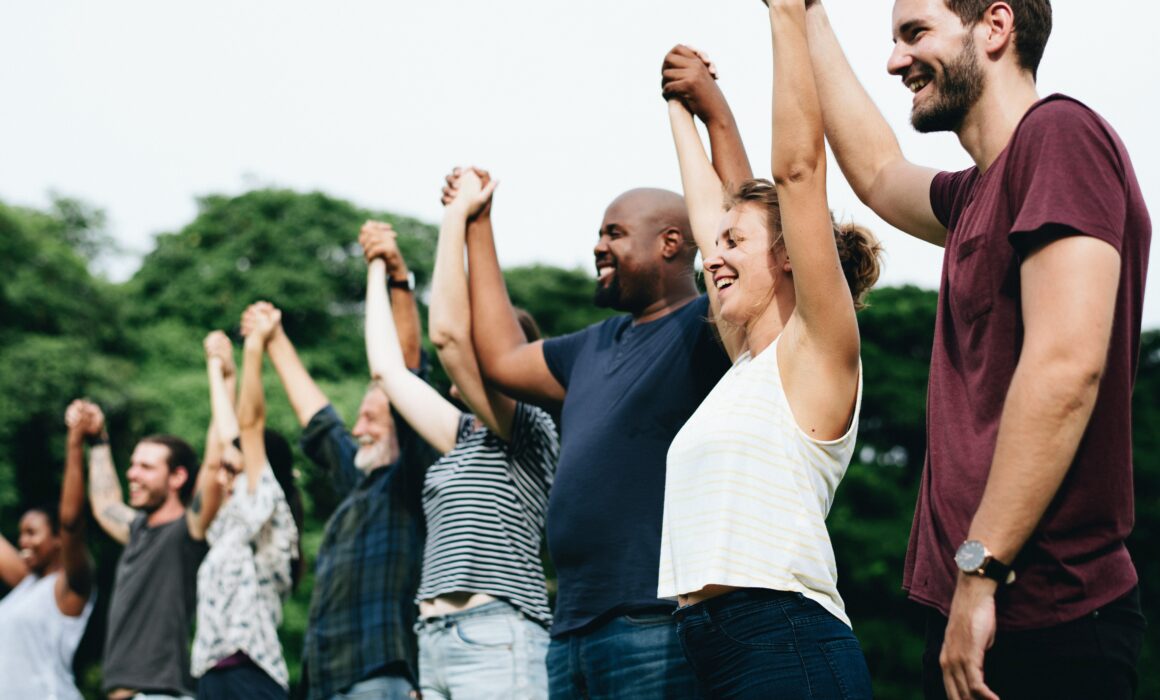If there’s one thing we’ve learned from walking alongside people in recovery, it’s this: there is no universal path.
Some folks crave structure, accountability and assertive guidance. Others need flexibility, curiosity and tolerance of ambiguity. Some people thrive in structured programs. Others shut down the second they feel like they’re being put in a box. And all of it — all that difference — is valid.
That’s why when we talk about supporting people through recovery, we have to start by acknowledging the complexity. Substance use isn’t a single issue, and recovery isn’t a single answer. It’s a constantly evolving process that looks different for everyone — and we have to build systems that reflect that. This flexibility doesn’t mean that we aren’t assertive and working constantly to provider support and direction.
There’s No Straight Line in Recovery
People don’t move through healing in a tidy, linear fashion. There are starts and stops. Big wins and tough losses. Moments of clarity and days where everything feels impossibly heavy. And that’s normal.
But too often, we build services like they’re assembly lines — offering rigid steps, prescribed timelines, and standardized interventions. And when someone doesn’t fit the mold, the assumption is that they’re not ready, not compliant, not engaged. That let’s us as professionals off the hook.
What if the model itself just wasn’t the right fit?
It’s easy to declare every bad outcome as the fault of the participant. We hear old, stigmatizing phrases like:
- “They weren’t ready.”
- “They didn’t want it.”
- “they haven’t hit bottom yet.”
These phrases prevent us professionals from taking accountability for our part of the relationship. People are incredibly nuanced, and so are their needs. Recovery support should reflect that — not fight it.
Customization Isn’t Extra — It’s Essential
There’s a tendency in healthcare and human services to treat customization like a luxury — a nice-to-have if the budget allows. But in recovery, it’s the opposite. Customization is the work.
When we take the time to understand what matters to someone — what their goals are, what motivates them, what throws them off track — we’re not just “meeting them where they are.” We’re co-creating a path that actually honors who they are. This becomes a foundation for our work to provide a person-centered accountability.
That might mean shorter-term goals for one person and long-term planning for another. It might mean offering harm reduction alongside clinical treatment. It might mean adjusting support every month based on what’s actually going on in someone’s life.
It’s not always neat or predictable. But it’s real. And it works.
Designing Systems That Flex With People
The challenge — and the opportunity — is in how we build recovery systems that can flex without falling apart. That means training providers to listen first. It means removing arbitrary thresholds. It means funding models that support individualized care rather than cookie-cutter assembly lines.
At YourPath, we’ve learned that flexibility doesn’t mean lack of structure. It means creating enough space within the structure for people to move, grow, stumble, and recover again. That’s where the real magic happens.
And it’s not just about services. It’s about posture. Are we approaching people with curiosity, or with checklists? Are we honoring their voice in the process, or overriding it with what we think should come next? Everyone says they are person-centered until things go sideways…
Recovery, at its core, is a deeply human process. The more we allow it to look like the person living it, the more powerful it becomes.

Want to see how Sala supports recovery communities in action?
We’d love to show you what we’re building. Click here to connect with our team and book a quick demo—no pressure, just a conversation.




